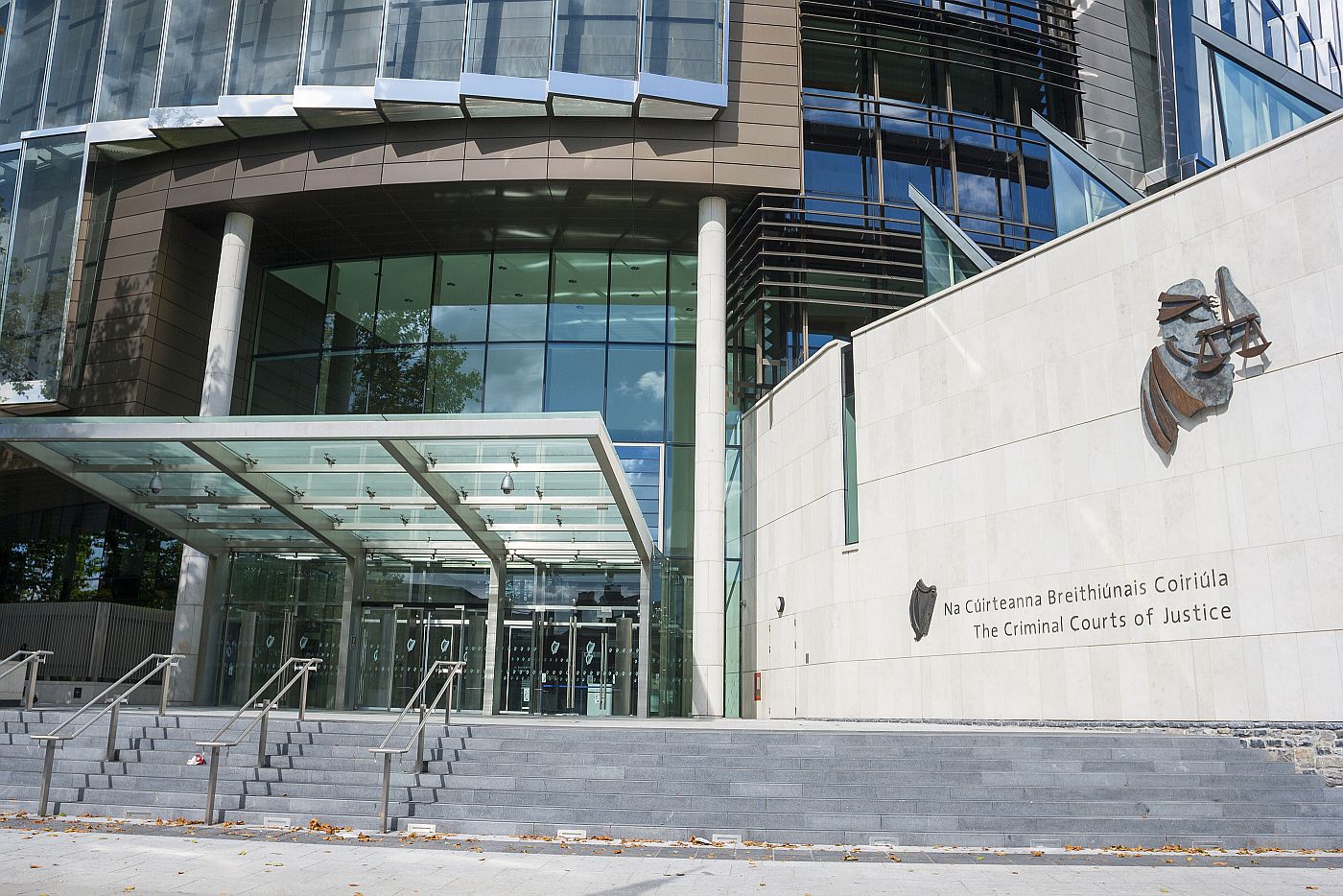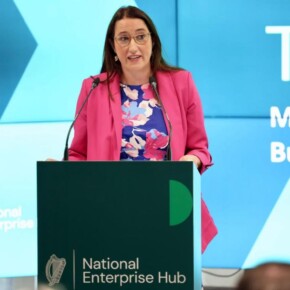Men who answered advertisement on social media to make money avoid jail for money laundering
Padraig Conlon 11 Jan 2022
By Brion Hoban
Two young men who became involved in laundering money defrauded from a trade union after answering an advertisement on social media have received fully suspended sentences.
Joel Kialunda (20) received the full amount of over €27,000 into his bank account following a fraudulent email scam, while Emmanuel Esuku (23) received a transfer of €3,000 from his co-accused’s account.
Dublin Circuit Criminal Court heard that the union received fraudulent emails claiming that three ventilators would be purchased for donation to a hospital for Covid-19 treatment.
The court heard that neither accused had any involvement with the initial defrauding of the trade union.
Kialunda of Cluain Aoibhinn, Maynooth, Co Kildare, pleaded guilty to money laundering at a location within the state on April 22, 2020. He has one previous conviction for possession of drugs.
Esuku of Dromheath Crescent, Mulhuddart, Dublin, pleaded guilty to money laundering at a location within the state on April 23, 2020. He has no previous convictions.
Passing sentence today, Judge Martin Nolan said it seems to him that these young men must have known they were embarking on criminal activity.
The judge said that the two men do not deserve to go to jail by reason of the good mitigation and their age at the time. He said at a certain point people will start going to jail “because this has to be stopped”.
Judge Nolan sentenced both Kialunda and Esuku to one year imprisonment, but suspended the sentence in its entirety on strict conditions.
Garda John McKenna told David Perry BL, prosecuting, that in April 2020, a Swedish trade union association called SULF, which represents university teachers and researches, received an email purporting to be from a company with an invoice for three ventilators.
Gda McKenna said the CFO of the union also received an email from someone purporting to be the chairman of the alleged company which said the ventilators were being purchased in order to donate them to a hospital for Covid-19 treatment.
The union transferred €27,594.63 into an AIB account provided in the email.
They later discovered the emails had not been sent by the alleged company and reported the matter to police.
Gardaí discovered that the money had been transferred into a bank account belonging to Kialunda and that over €23,000 had subsequently been withdrawn or transferred elsewhere.
One of these transactions included €3,000 being sent to a Revolut account belonging to Esuku.
Over €5,000 was ultimately recovered and returned to the Swedish union.
In interview with gardaí, both Kialunda and Esuku said they became involved after seeing an advertisement on Snapchat which said money could be made and they provided their banking details to a third party.
Both accused also took part in withdrawing the money from their respective accounts and handed it over to another person. Esuku received €400 for his involvement in the offending.
Gda McKenna agreed with Ciaran McLoughlin BL, defending Kialunda, that his client had no connection to his co-accused and he did not receive any money for his involvement in the offending.
The garda agreed with Jennifer Jackson BL, defending Esuku, that there are a lot of prosecutions of this nature for what is known as “money muling”.
Gda McKenna said that young people of all backgrounds are targeted and that a national advertisement campaign has been launched to make young people aware that this behaviour is illegal.
Mr McLoughlin said his client is currently working two jobs. He said his client has no addiction issues and lives with his parents.
Counsel said his client “made a very stupid decision” that could affect the rest of his life. He asked the court to be as lenient as possible.
Ms Jackson said her client has played basketball for Ireland and attends university on a basketball scholarship. She said her client had failed his second year of college, meaning he had to pay to repeat the year and he became involved in the offending to pay his college fees.
Counsel said her client’s mother was in court to support him and his father died when her client was aged six. She said Esuku has no problems with drink or drugs and has done voluntary work since before this offence.











